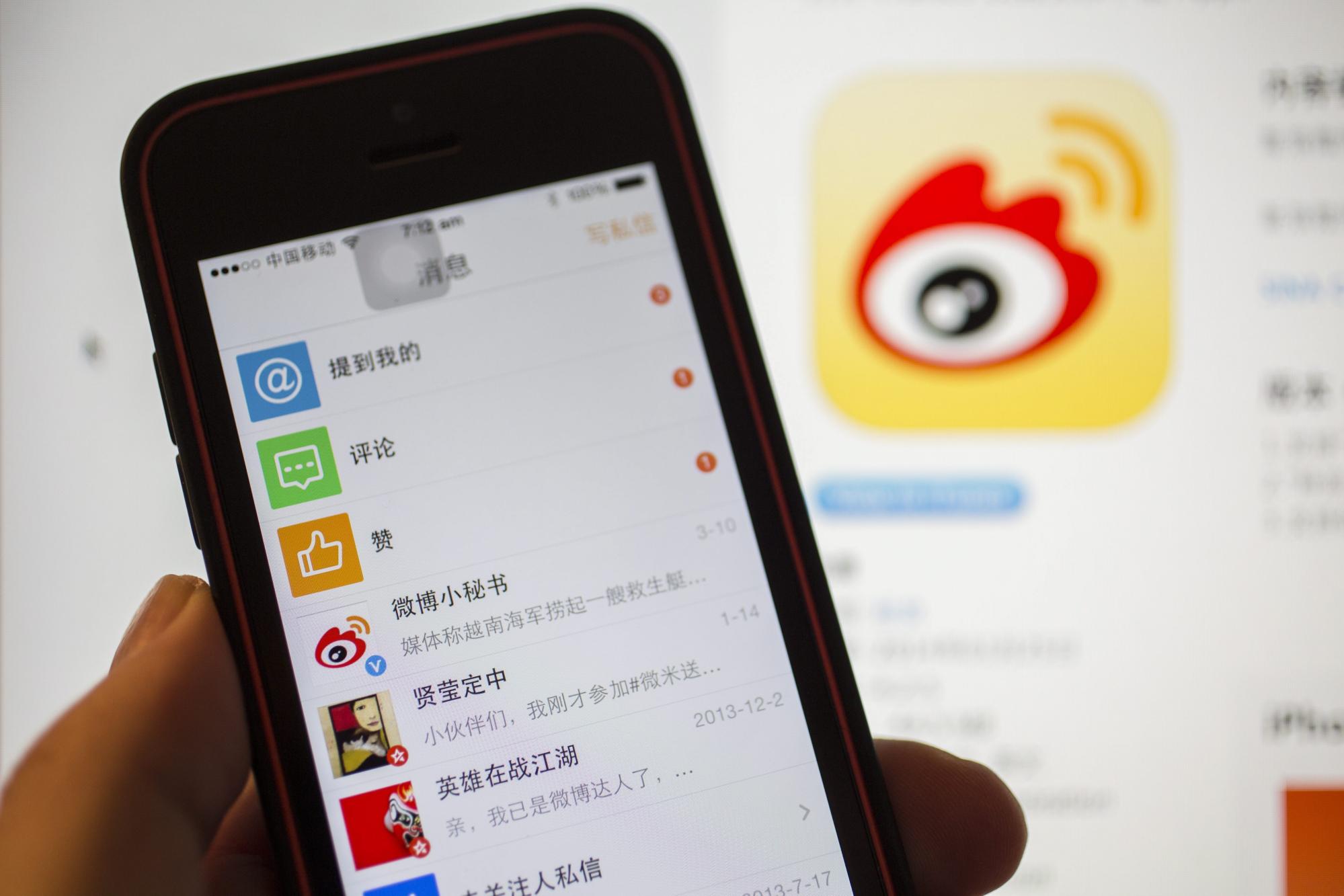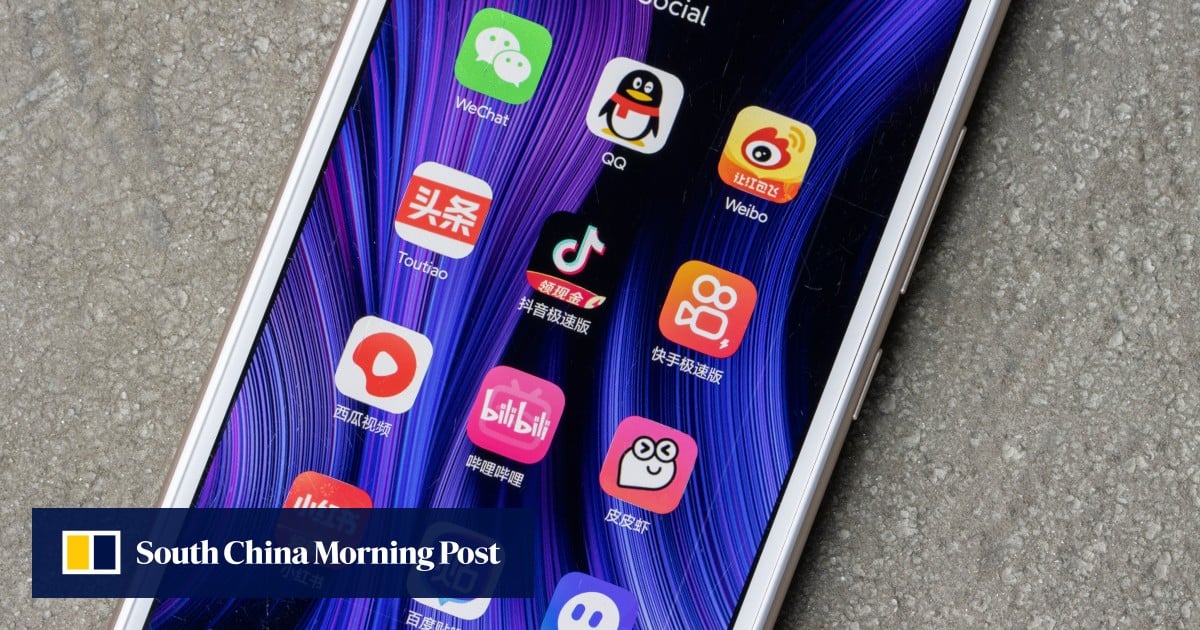“This [public display of influencers’ identities] will strengthen community regulation and governance for these platforms,” said Zhang Yi, founder and chief analyst at market consultancy iiMedia. “While this policy will place constraints on influencers, it will ultimately benefit the platforms.”

The 13-point rules say accurate sources must be used to provide news on domestic and international affairs, public policies and social events; fabricated stories or rumours must be marked out; and accounts must manage follower growth.
Over the years, China has developed an intricate system to regulate online content. The CAC in 2015, for example, issued a rule on real-name registration for users of various online services, including blogs and instant messaging.
Anonymous Chinese social media accounts hit by latest crackdown
Anonymous Chinese social media accounts hit by latest crackdown
While WeChat, Douyin and the other major platforms said in their announcements on Tuesday that the new policy is being implemented on a voluntary basis and that influencers can opt out. Their accounts, however, will face punitive action that includes a cap on revenue and restricted access to new followers.
These platforms said they first reached out to influencers with more than 1 million followers to push forward the implementation of the new policy.
The initiatives by these platforms will help get rid of “dangerous commentary” by some influencers who only had “real-name verification on the back-office end”, said Zhang Shule, an analyst at the CBJ Think Tank.
Echoing the iiMedia analyst’s view, Zhang said the policy being enforced by social media platforms will benefit their operations, as certain “illegal and controversial topics” online would get eliminated.
China launches another internet crackdown targeting online rumours
China launches another internet crackdown targeting online rumours
A number of influencers, however, have denounced the social media platforms’ new policy because it would expose their personal data online.
A popular Weibo finance sector influencer known as Tianjinguxia, who has more than 7 million followers, said in a post published last month that he would abandon his account if the microblogging platform enforces the mandatory display of personal information.
The influencer wrote: “I’m not leaving a peaceful life behind and exposing myself online!”
Information subject to display includes an account holder’s real name or registered business name, if an account was operated by another entity.
Lao Dongyan, a professor of law at Beijing’s prestigious Tsinghua University, asserted that mandatory exposure of personal identity online also raises the potential for cyberbullying. She said it would add more pressure to social media users when they express their thoughts and opinions online.

